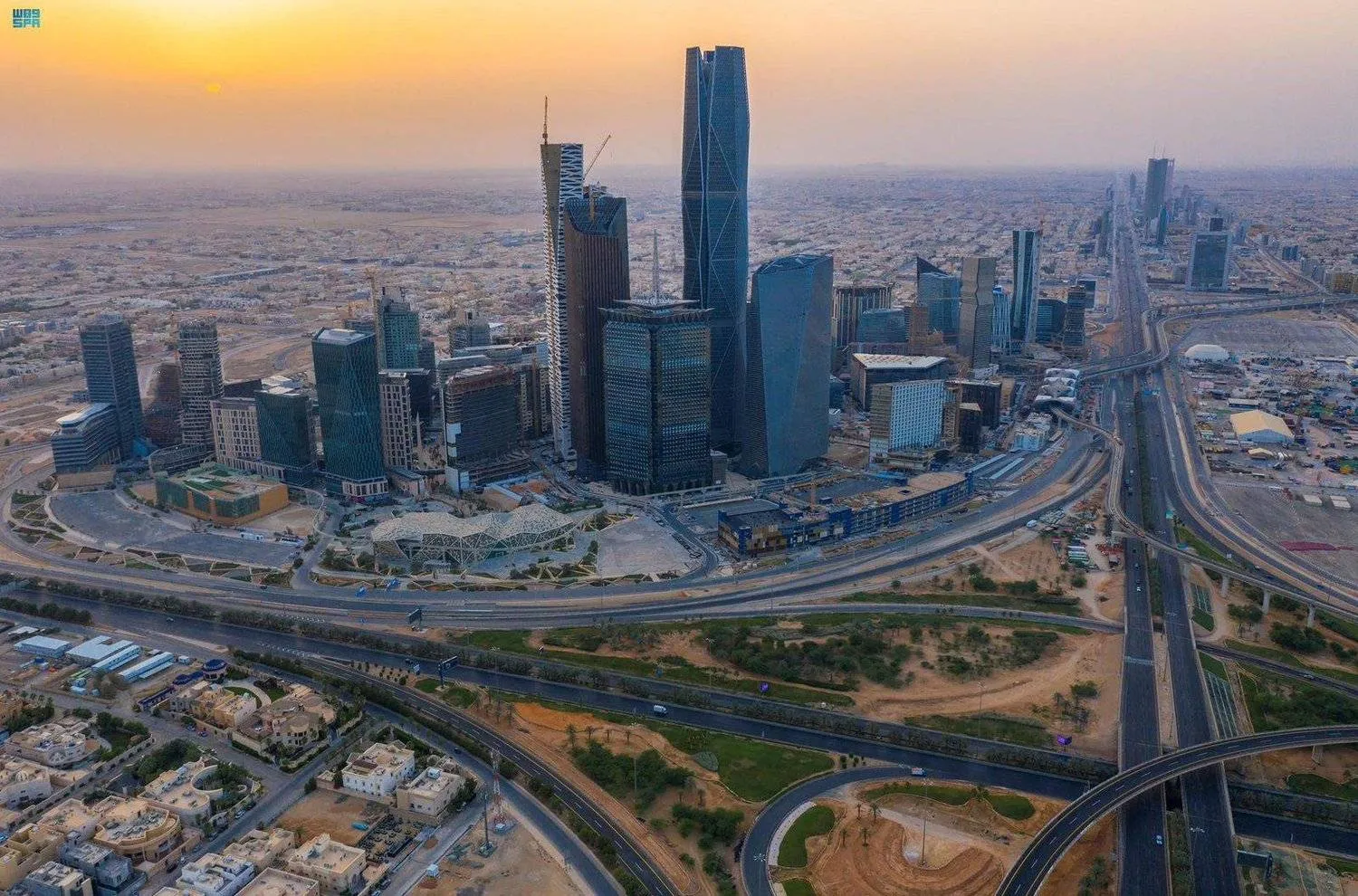Saudi Arabia is preparing to implement a new executive regulation for dealing with important financial institutions, the failure of which may negatively affect the financial system, as part of precautionary measures to confront local, regional and global economic and financial turmoil and crises.
The Saudi Central Bank (SAMA) announced on Tuesday, the launch of the draft Executive Regulations for the System for Handling Important Financial Institutions, requesting public reviews specialists, through a dedicated platform of the National Competitiveness Center.
As many US banks have witnessed collapses, affecting financial institutions around the world, Saudi Arabia sought to develop a plan to protect its economy from the repercussions of the failure of important financial institutions in the country.
In line with the new regulations, SAMA obliges the targeted financial institutions to submit a recovery plan in a specific form, which would include quantitative and qualitative indicators, in addition to the actions needed to restore their financial position.
The financial institution or group must review and update the recovery plan at least annually and within 90 days, in the event of a change to its organizational, commercial, operational or financial structure.
The new regulations also allow SAMA to develop a management strategy for an important financial institution or its financial group, if it is subject to the sole supervision and control of the central bank.
The central bank has the right to request information from the financial institution or group and any entity within the group, and to demand access to its employees or headquarters.
In all cases, as per the new regulations, the Central Bank shall avoid any significant negative effects on the financial system, and aim to ensure the continuity of the necessary activities of the major financial institution.
SAMA also directs to take action related to the requirements for adjusting the capital or financing structure, as well as the organizational structure, business lines and operational support arrangements, in addition to adjusting the strategy and treatment measures.









